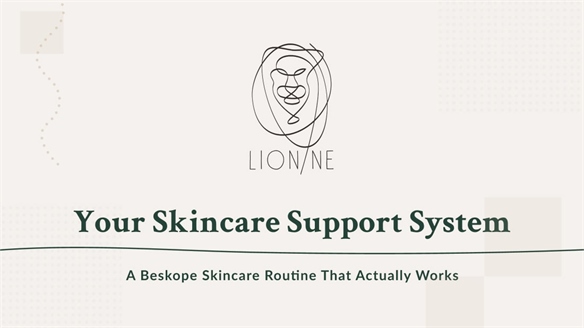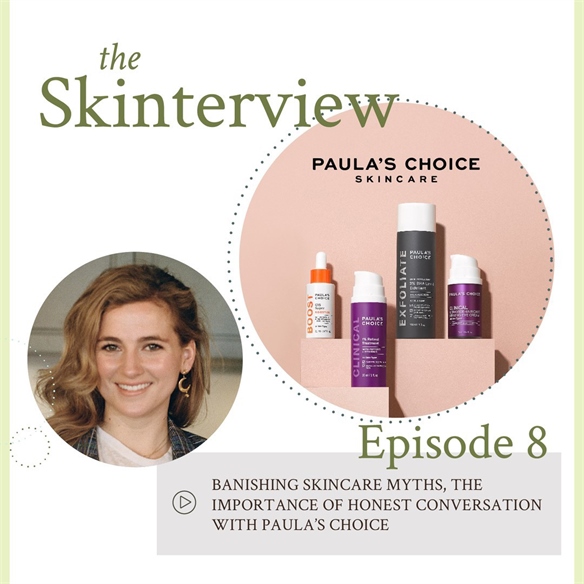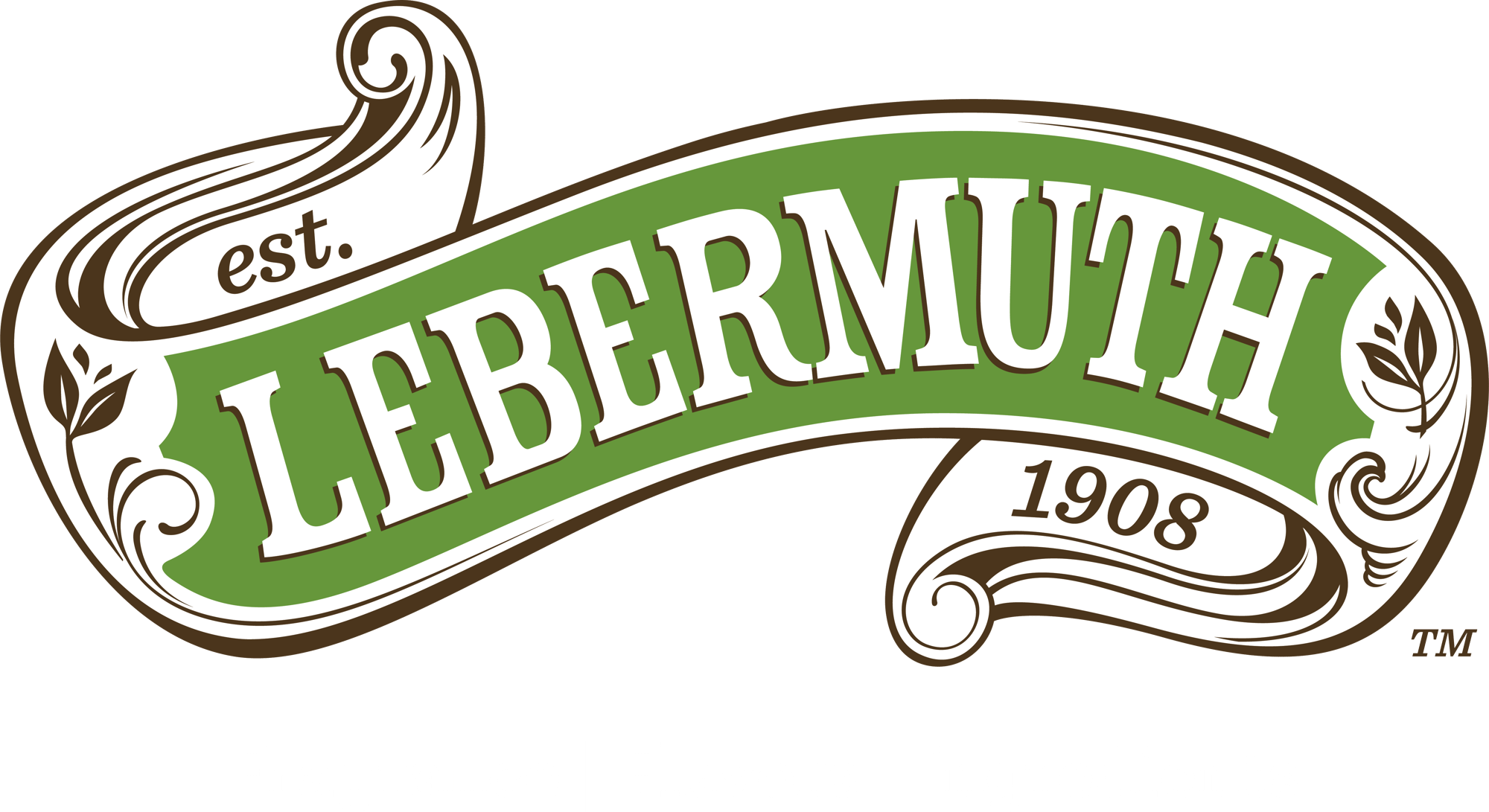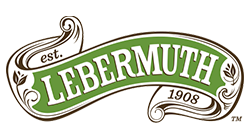Democratizing Digi Beauty
by Publication repost, on Aug 18, 2021
PUBLICATION REPOST l STYLUS
With the Covid-19 pandemic shuttering retail and driving consumers online, brands across the beauty industry have accelerated their digital plans. By creating educational resources, video-based appointments and community-led experiences, and capitalizing on The Edutainment Boom, beauty is becoming more democratized.
Back to Beauty School
Throughout the pandemic, beauty brands have used digital tools to create educational resources as means of fostering communities, adding value and establishing themselves as experts.
The pandemic accelerated the importance of giving people an elevated digital experience. All signs were already pointing this way, but it’s clearer than ever [that we need] to emotionally connect with our consumers online, especially with authentic purpose-driven storytelling.
~Michelle Shigemasa, CEO, Murad
In September 2020, UK-based ingredient-led skincare brand The Inkey List launched The Inkey School, an online space for learning and sharing knowledge about beauty. To mark the start of the new project, it created Everyday’s a School Day – a free six-week program focusing on skincare, haircare and scalp care. The video content features experts from across the industry and can be found under the school section of Inkey’s site, with extra classes taking place via Zoom.
“We have seen an increase in the engagement and questions consumers have been asking around their skin- and haircare, so we wanted to create a free learning hub accessible to all, aimed at educating on how knowledge can power change in skincare, haircare and beyond. We wanted it to be a space to allow those curious or confused about skincare or haircare to gain knowledge,” Colette Laxton, chief executive and co-founder of The Inkey List, told Stylus.
Estée Lauder-owned Clinique launched its virtual Skin School in summer 2020. To replace in-store activity, the brand offers online classes on topics such as double cleansing and glowing skin. Customers can also tune into live events with Clinique ambassadors or book one-on-one product consultations.
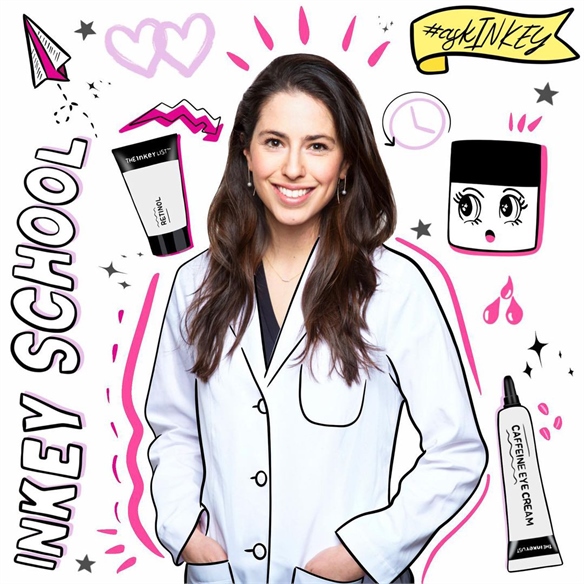
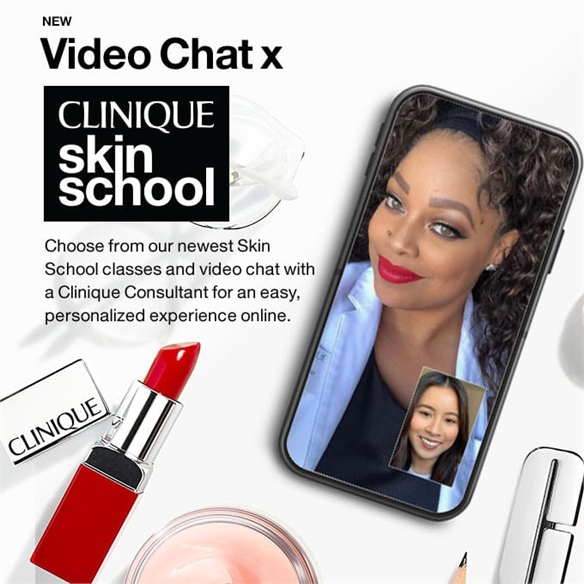
Following UK-based research that 53% of people had “more broken sleep” during the first lockdown and 40% ranked their quality of sleep as either “bad” or “terrible”, UK skin and wellness brand This Works launched The School of Sleep in September 2020. The digital syllabus, designed by sleep experts, was made accessible to all via its Instagram page. The initiative aimed to help consumers improve their sleep hygiene and wellbeing via tutorials and exercises.
US-based skincare company Murad launched a digital vertical called Well Connected in February 2021. Part of a bigger plan to position the brand in the wellness space, it now publishes 12 to 14 stories per month on various topics within wellness, such as stress reduction, self-care and nutrition. “An editorial lens changes the environment from e-commerce to e-experience,” Michelle Shigemasa, Murad’s chief executive, told US beauty business site Glossy.
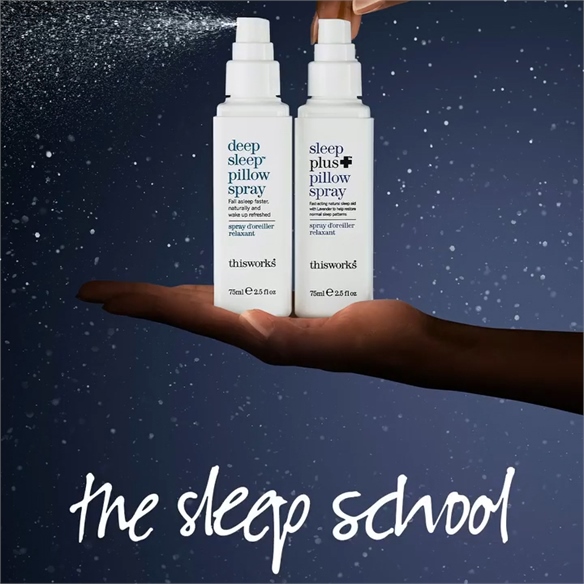
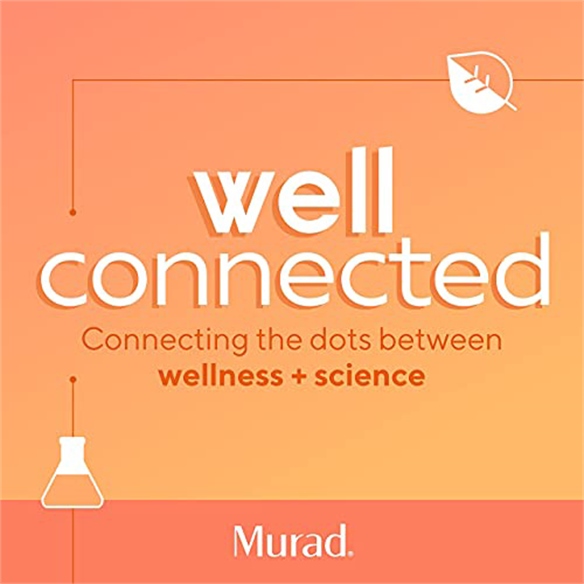
The Digital Consumer
Capitalizing on a captive at-home audience, shuttered service businesses have switched to online iterations, while e-commerce companies have embraced digital platforms and social media to create community-led festivals and events series.
Online Facials: For studios and spas forced to shut due to Covid restrictions, pivoting to online tutorials became a way to drive revenue and keep connected with customers.UK-based FaceGym took its facial workouts online in March 2020. By signing up for 15-minute livestream group classes or one-on-one personal training sessions, customers can engage on a one-off basis or as part of a monthly subscription. Recently, the company launched a high-performance skincare range. Each of its four products comes with a QR code that links to video content demonstrating sculpting and toning movements to mimic an in-salon session.
“I always wanted to create a digital platform, but the pandemic accelerated it. The magic of FaceGym is the community within our studios and it was important to keep connected to them while physically apart. Through the online workouts we were able to continue this never-ending dialogue and future-proof the business,” Inge Theron, FaceGym’s founder, told Stylus. By adding this digital vertical, the brand is now fully omnichannel. Theron’s vision is to offer customers a 360° training approach where they visit trainers in studio every month and keep up with their routine at home with the help of online classes and the QR code tutorials.
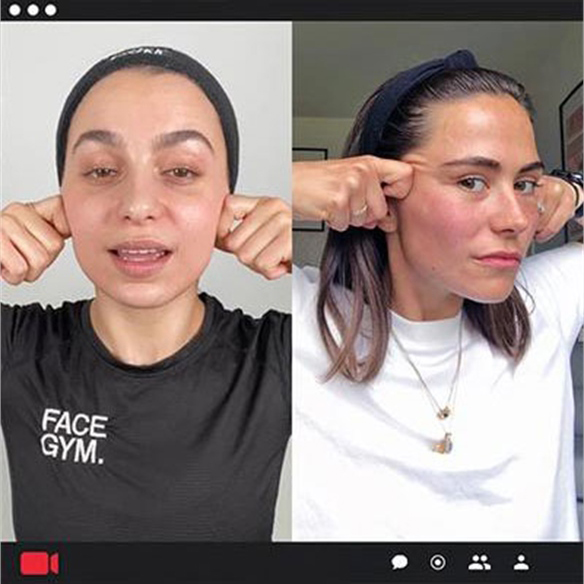
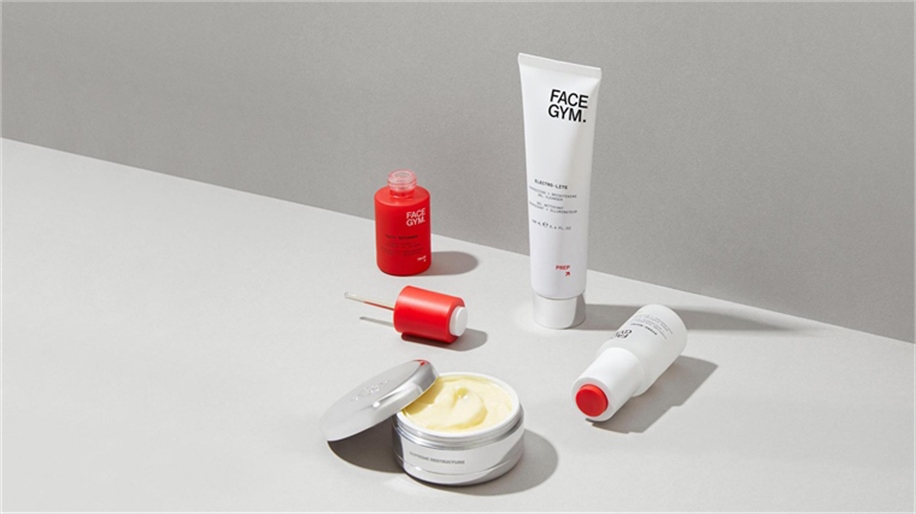
In January 2021, global luxury online retailer Net-A-Porter launched its first annual social-first digital beauty festival, The Beauty of You. Featuring beauty business entrepreneurs and experts, such as Miranda Kerr (US/Australia), Charlotte Mensah (UK/Ghana) and Dr Barbara Sturm (Germany), the multiplatform festival was broadcast across all of Net-A-Porter’s social channels. Highlights included a fully shoppable IGTV Call the Expert social franchise, IG Live, IG Reels, TikTok and one-off private events. Net-A-Porter described the festival as “democratizing access to the world's most renowned beauty experts of our community of incredible women worldwide”.
UK-based e-commerce retailer Cult Beauty also held a series of digital beauty events in January 2021 as part of its #UpCloseOnSkinCare campaign. Speakers included the brand’s co-founder Alexia Inge, Victoria Beckham Beauty’s chief executive Sarah Creal and British journalist Sali Hughes who covered topics such as virtual filters, self-care, sustainability and formula innovations.

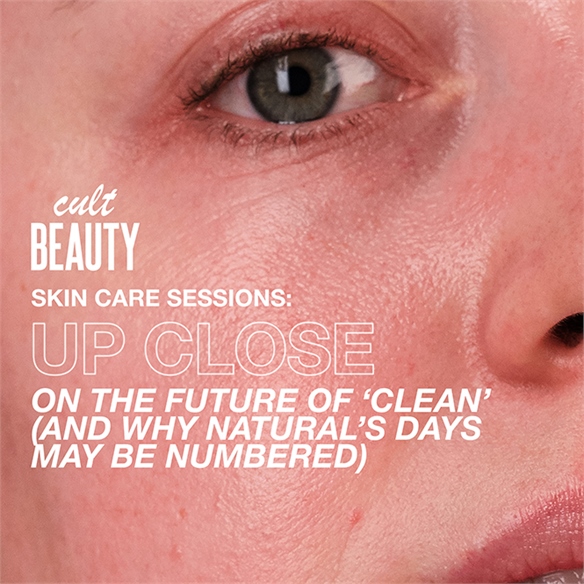
Beauty Shopping 2.0
Online shopping services that provide curation are appealing to the growing number of overwhelmed beauty consumers. Similarly, bricks-and-mortar retailers are improving staff education to compete with online offerings.
Curated Beauty Services: A new wave of digital platforms aim to make beauty shopping more streamlined. An antidote to decision fatigue caused by an overwhelming choice of products, these services appeal to the time-poor consumer who wants quick results.London-based Lion/ne, dubbed “your skincare support system”, fills the gap between seeing a medical professional and taking advice from a retail or brand representative. The company’s impartial skin mentors assess customers’ skin and recommend product routines based on their budget and product preferences. Switching to online-only appointments during the pandemic, Lion/ne has recently overhauled its digital platform, adding extra features such as a skin schedule calendar, personalized profile and chat messaging.
